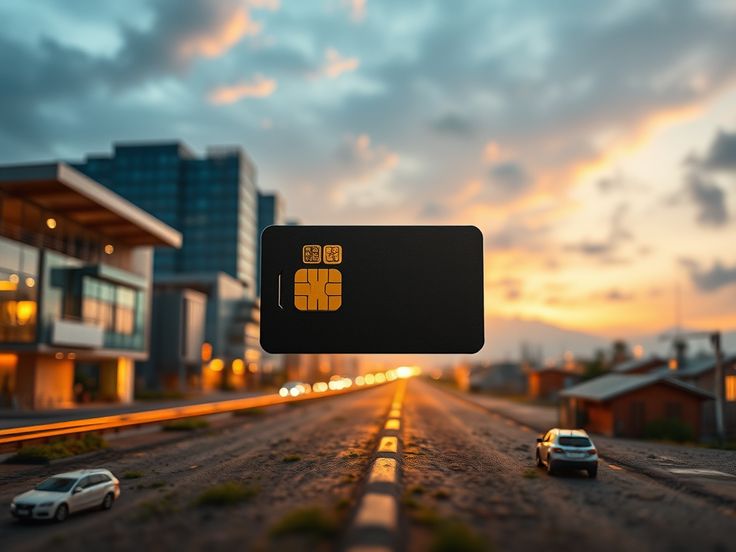


Tracker SIM cards have become a cornerstone of GPS tracking systems, enabling the real-time monitoring of assets, vehicles, and people.
However, their performance is only as good as the network connectivity they rely on. Integrating tracker SIM card into multi-network systems has proven to be a game-changer, ensuring optimal performance and reliability in even the most challenging environments.
Tracker SIM cards are designed specifically for IoT (Internet of Things) devices, including GPS trackers. These SIM cards prioritize:
While standard SIM cards can be used in trackers, tracker SIM cards are tailored to meet the specific requirements of tracking applications.
A multi-network system enables a SIM card to connect to multiple mobile networks instead of being tied to a single provider. These systems dynamically switch between available networks to maintain the best possible connection.
How Multi-Network Systems Work:
Integrating tracker SIM cards into multi-network systems enhances their functionality in several ways:
Single-network SIM cards are limited by the coverage of their provider. Multi-network systems eliminate this constraint, enabling tracker SIM cards to maintain connectivity by switching to an alternative network when needed.
In remote areas or regions with poor network coverage, multi-network systems ensure uninterrupted communication by leveraging the strongest available signal. This is critical for applications like fleet management and personal safety devices.
Real-time tracking requires a stable connection to transmit data without delays. Multi-network systems minimize latency and prevent data loss by ensuring a continuous flow of information.
Multi-network systems provide coverage across regions and borders, making them ideal for international tracking or monitoring assets in transit.
Although multi-network systems may have a higher initial cost, they reduce operational expenses by minimizing downtime, improving efficiency, and eliminating the need for multiple SIM cards.
Tracker SIM card in multi-network systems are revolutionizing the way GPS tracking is conducted. By providing seamless connectivity, improved reliability, and expanded coverage, they ensure optimal performance for fleet management, asset tracking, personal safety devices, and more.
For businesses and individuals seeking reliable and efficient tracking solutions, investing in tracker SIM cards with multi-network capabilities is a forward-thinking decision. As the demands of connectivity grow, these systems will remain at the forefront of innovation, delivering the performance and reliability needed in an increasingly connected world.
